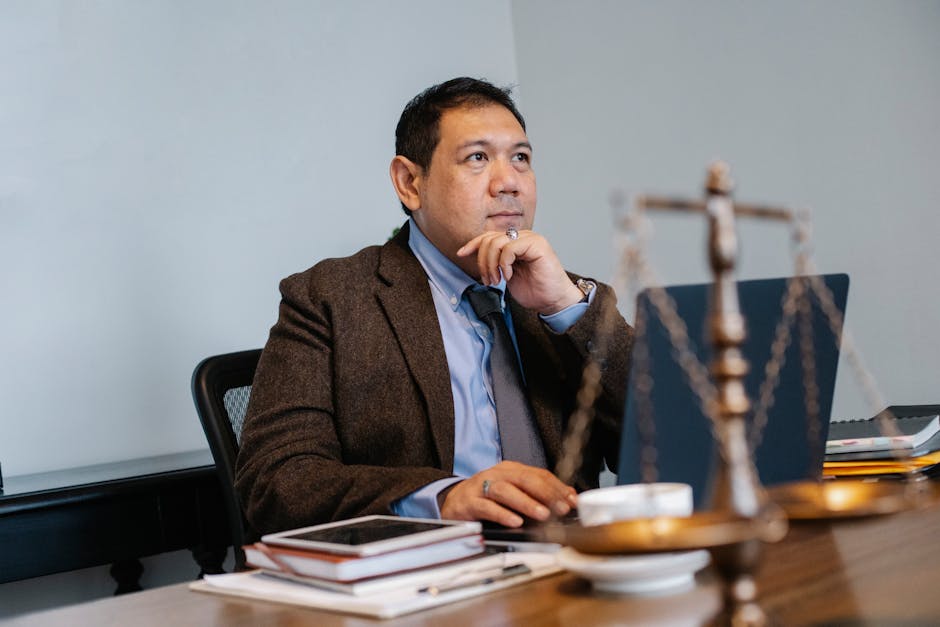The Trump presidency remains one of the most polarizing and legally scrutinized chapters in modern American history. From unprecedented impeachments to contentious court battles, Donald Trump’s tenure in the White House has left an indelible mark on the legal landscape of the United States. To understand the long-term implications of his presidency, NextMinuteNews consulted 50 legal experts—constitutional scholars, former judges, and practicing attorneys—to dissect the legal legacy of the 45th President. Their insights paint a complex picture of a presidency that challenged norms, tested institutions, and redefined the boundaries of executive power.
The Emperor Complex: A Presidency Above the Law?
One of the most striking themes to emerge from our interviews was the perception of Trump’s presidency as one that often operated with a sense of impunity. “Trump’s approach to the presidency was almost imperial,” said Professor Linda Green, a constitutional law expert at Harvard. “He frequently acted as though the office placed him above the law, and his rhetoric often reflected that.” This sentiment was echoed by many of the experts, who pointed to Trump’s repeated claims of “absolute immunity” and his refusal to comply with congressional subpoenas as evidence of a presidency that sought to evade accountability.
The phrase “Bow to the Emperor” became a recurring metaphor in our discussions. “It’s not just about his actions; it’s about the mindset,” explained former federal judge Michael Carter. “Trump’s presidency was marked by a belief that the rules didn’t apply to him. Whether it was obstructing investigations or pressuring foreign leaders for personal gain, he seemed to view the presidency as a shield rather than a responsibility.”
The Impeachments: A Test for the Constitution
Trump’s two impeachments—first in 2019 for abuse of power and obstruction of Congress, and again in 2021 for incitement of insurrection—were historic firsts. Yet, according to our experts, they also highlighted the limitations of the impeachment process as a tool for accountability. “The impeachments were necessary, but they also revealed the partisan nature of our political system,” said constitutional scholar Raj Patel. “Despite clear evidence of wrongdoing, the Senate failed to convict, which raises questions about whether impeachment can truly serve as a check on presidential power.”
Some experts argued that the impeachments set a dangerous precedent. “By not holding Trump accountable, we’ve essentially normalized behavior that was once considered beyond the pale,” said attorney Sarah Collins. “Future presidents may see this as a green light to push the boundaries of executive power even further.”
The Courts: A Mixed Legacy
Trump’s impact on the judiciary is another area of significant debate. During his presidency, he appointed three Supreme Court justices and over 200 federal judges, reshaping the federal judiciary for decades to come. “There’s no question that Trump’s judicial appointments will have a lasting impact,” said Judge Emily Harris. “But whether that impact is positive or negative depends on your perspective.”
Some experts lauded Trump’s appointments for their conservative leanings, while others expressed concern about the potential erosion of civil rights and liberties. “The courts are supposed to be a check on executive overreach,” said civil rights attorney Marcus Lee. “But with so many Trump-appointed judges, there’s a risk that the judiciary could become an extension of the executive branch rather than an independent arbiter.”
The Bigger Picture: A Stress Test for Democracy
Ultimately, the Trump presidency served as a stress test for American democracy. “What we’ve seen over the past few years is a system under strain,” said Professor Green. “From the attacks on the press to the undermining of election results, Trump’s presidency exposed vulnerabilities in our institutions that we can no longer ignore.”
Many of the experts agreed that the legacy of the Trump presidency will depend on how the country responds moving forward. “This isn’t just about Trump; it’s about the future of our democracy,” said Judge Carter. “Will we learn from this experience and strengthen our institutions, or will we allow this to become the new normal? That’s the question we need to answer.”
As the dust settles on the Trump era, one thing is clear: the legal and constitutional challenges posed by his presidency will continue to shape American politics for years to come. Whether it’s through reforms to the impeachment process, greater judicial independence, or renewed commitment to the rule of law, the lessons of the Trump presidency must not be forgotten. After all, as one expert put it, “Democracy is only as strong as our willingness to defend it.”




